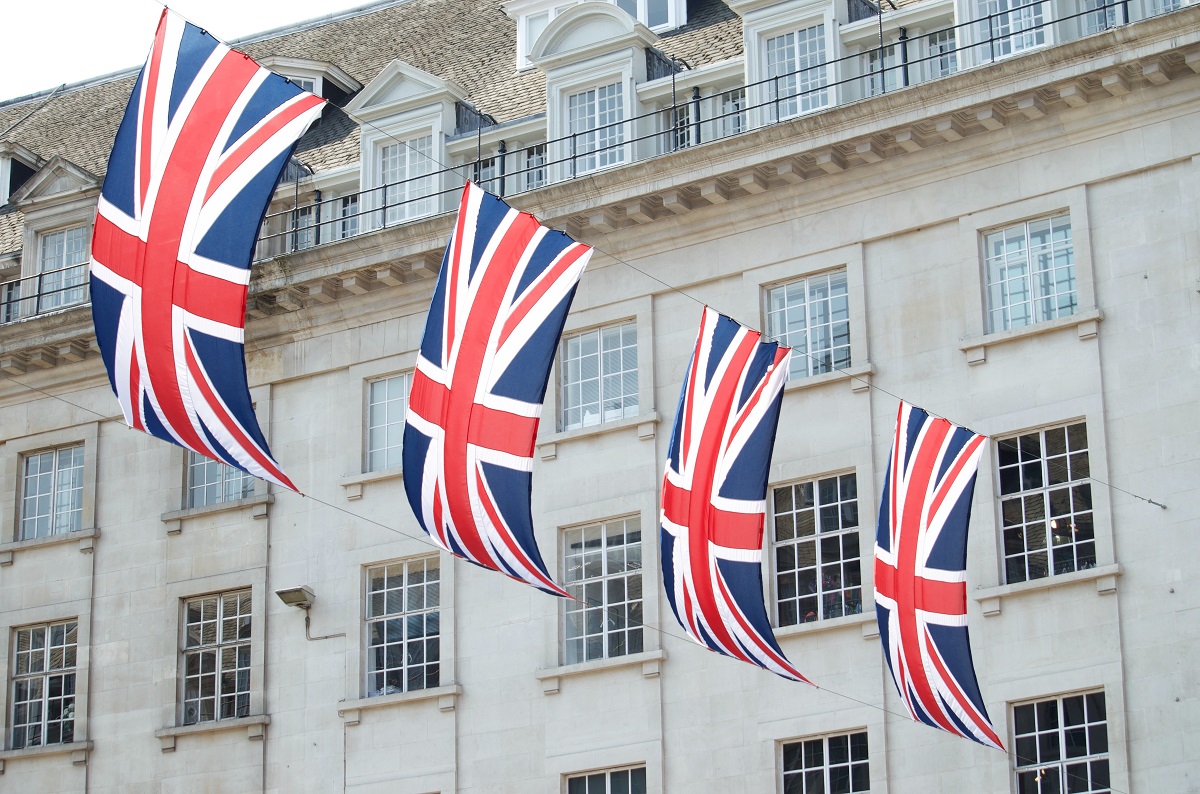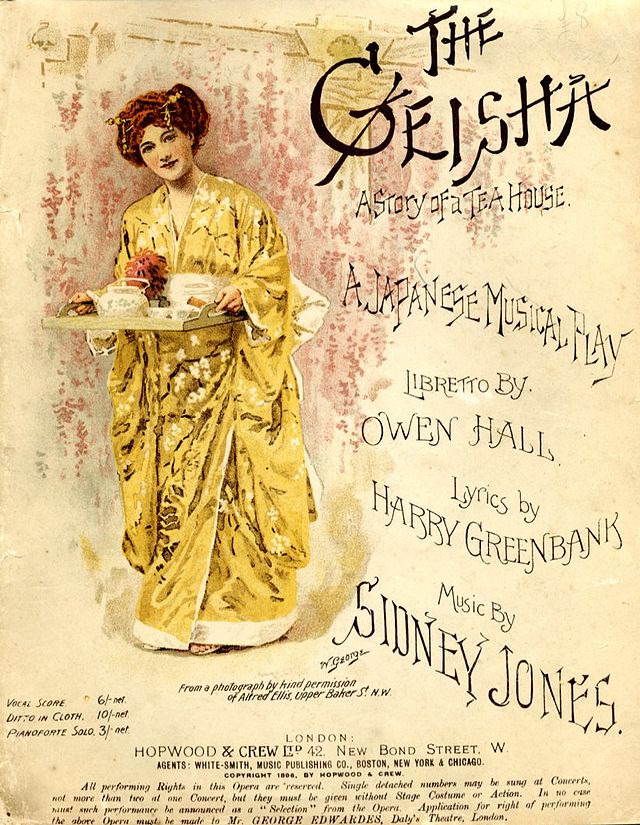Kurt Gänzl
Operetta Research Center
25 September, 2021
I was surprised, and delighted, to hear that the Staatsoperette Dresden are to give an all-“Britisch” concert, taking in a healthy helping of musical-theatre excerpts that include works by Noel Coward and Ivor Novello, and Victor Herbert (Ireland). I was even more delighted to be asked to contribute some ‘liner notes’ on the show songs for their program booklet.

Staatsoperette Dresden offers a “Bitte Britisch” concert in October 2021. (Photo: A. Perry / Unsplash)
Why was I surprised? Well, the British musical theatre has, by and large, had a pretty skimpy representation in central Europe over the years. Die Geisha and Der Mikado probably still hold the record for the number of performances in Germany a century on. And, nowadays, scarcely anyone performs those two monuments of the musical theatre. Because they don’t fit with contemporary woke” ideals? What’s “woke” anyway? And what’s politically-incorrectly wrong with The Geisha? Pitiful how this worldwide hit operetta by Sidney Jones and Owen Hall is ignored in hard-core ideological times such as these.

Cover of the vocal score of “The Geisha”.
Well, we can hope. Maybe this concert will encourage someone to bring back Die Geisha or Der Mikado, or stage a German version of Noel Coward’s biggest musical hit Bitter-Sweet or, even better yet, a translated version of the dazzling Robert and Elizabeth … oh, Dresden do you have a dramatic actress with a high F? (For more information on Bitter-Sweet, click here.)

Staatsoperette Dresden at night. (Photo: Werbeplan)
This concert is not a one-off but part of a series entitled “Ein Lied geht um die Welt” which takes us on a journey around the world to different lands and different types of “operetta” – beyond the eternal Viennese waltzing that has cemented itself in the heads of many folk as the one-and-only. Let’s hope it passes by England again.
And so, we see on our programme that chief conductor Johannes Pell, in charge of the musical proceedings, is mixing Elgar’s Pomp and Circumstance with a healthy dose of Gilbert & Sullivan, plus Malcolm Arnold‘s A Grand grand Overture – “for symphony orchestra, three vacuum cleaners, a floor polisher, and four rifles” … that has to be fun!
Hier zum Reinhören ewas von der Musik, die ihr ab 2. Oktober bei uns live mit unserem Orchester und unseren Solist*innen unter der Leitung von Chefdirigent Johannes Pell bei BITTE BRITISCH hören könnt. Besonders witzig: „A Grand, Grand Overture“ https://t.co/ahlcWRqQyV
— Staatsoperette (@SODresden) September 23, 2021
Significantly, here included is a song from The Dancing Years, Ivor Novello’s World War 2 hit with its dénoument of the Nazi invasion of Austria and subsequent interdiction on Jewish composers. It is a score no one knows much of in Germany, and it’s a piece that should perhaps be played there, in these times, when and where there is so much critical debate about the past and the way the genre operetta developed after 1933/38. I mean, we are all rather tired of the breast-beating reconstructed versions of Cabaret. There are other perspectives. (For more information on The Dancing Years, click here.)

A scene from “The Dancing Years” with the soldiers arresting Rudi Kleber (Ivor Novello) wearing swastika arm bands. (Photo: Archive David Slattery-Christy)
But enough of the ‘significant’ and the ‘trendy’. In the meanwhile, sit back and enjoy this selection from the stage works of some of the best-known English and Irish (yes, Balfe and Herbert were both Irish) writers from days when ‘woke’ was what you did in the morning. And then ask for ‘more, where that came from’!
For more information and performance dates in October 2021, click here.
